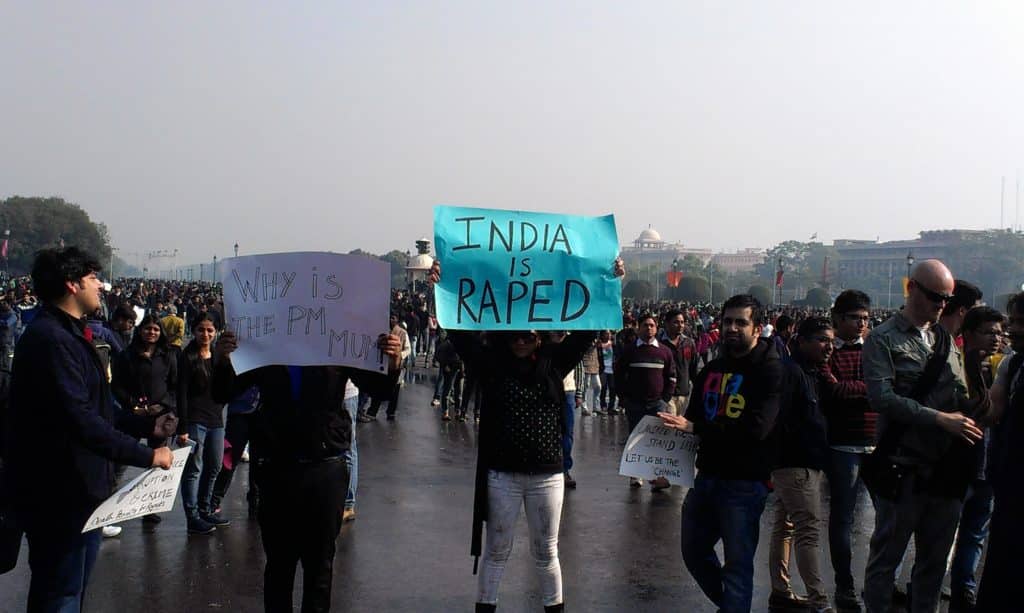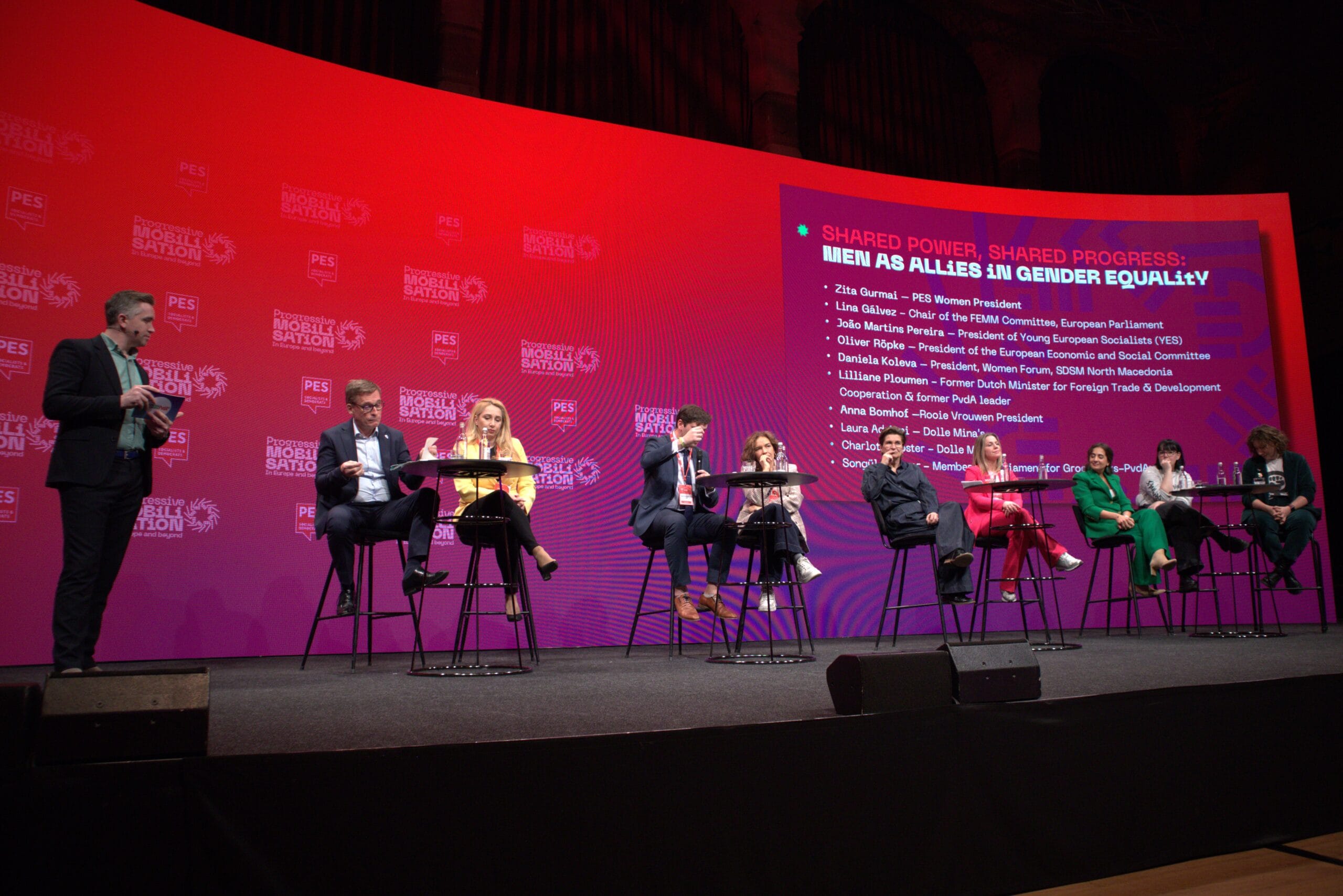In recent weeks, the ongoing problem of violence against women in India has once again become painfully visible. There was much ado around the rape and murder of a 31-year-old female trainee doctor from Kolkata. This shocking event brought thousands of women to the streets in several Indian cities, where they massively demanded justice. In response, the Supreme Court of India issued a national task force appointed to ensure doctors' safety.
While setting up such a task force is a start, it is only a limited step towards real improvement. It is crucial that fundamental changes take place in Indian society, starting with a critical review of the current culture, which is defined and pushed by the BJP government.
Sexual violence as a global problem
Sexual violence is not limited to India, but is a global problem. According to a report of the United Nations, nearly 89,000 women and girls were deliberately murdered in 2022, with just under half killed by intimate partners or family members. Activists have introduced the term 'femicide' to highlight these killings as a specific form of violence in which women are targeted because of their gender. As with other forms of sexual violence, in the case of femicide usual that cultural norms often lead to a shift of blame from the perpetrator to the victim.
After late 2012 a 23-year-old Indian student was raped on a bus by a group of men, stricter laws were introduced in India targeting femicide by the then United Progressive Alliance (UPA) government. But changing the law is not enough to reduce femicide; sexual violence in India continues to rise. In 2022, nearly 32.000 rapes reported in India, amounting to 86 rape cases per day. However, these are only the reported cases. It is estimated that 77% of women who have experienced physical or sexual violence do not, partly because the likelihood of action being taken or the perpetrator actually being convicted is low.
Insensitivity and trivialisation as the norm
The current regulations and culture under Prime Minister Narendra Modi's ruling Bharatiya Janata Party (BJP), in power since 2014, contribute to this problem. Victims are regularly criticised for speaking publicly about sexual violence. For instance, a person who described on X how female travellers are harassed on public transport was accused by former National Commission for Women (NCW) chief Rekha Sharma of harassing India defamation. These reactions are not new; insensitivity to gender-based violence seems to be the norm.
Femicide in India is driven by misogynistic norms that normalise violence against women. The Modi government defends Hindutva ideology, a form of right-wing extremism. This ideology allows little space for women outside traditional roles. Hindutva activists like to promote brutal images of masculinity in which men have to take on the weaker sex, women protect. Although the Modi government claims the 'Nari Shakti', which stands for women's strength, to support the language of the government steeped in power that normalises the objectification of women and systematically turns a blind eye to the atrocities inflicted on women.
Protection of offenders
Rape and the culture of sexual violence are therefore easily downplayed in India. But what is particularly striking is the protection that rapists, assailants and multiple offenders receive under the BJP government, especially when the perpetrator is a BJP legislator, party worker or Hindutva activist. The BJP is deeply rooted in patriarchal values, where women rarely experience the privilege of safety, unlike men. Perpetrators of sexual violence who are supporters of the BJP government are often aided by negligence in enforcing the law. From the murder and rape of Jisha (2016) to the gang rape of a 19-year-old woman in the Hathras region (2020), the sexual abuse of two underage girls at a school (2024) and now the Kolkata case (2024), there is a pattern from delayed investigations, manipulated evidence and attempts to make those in power protect.
Power over justice
By setting up a task force that focuses only on women's safety in one specific work sector, the government decides to merely put a band-aid on the open wound. While Hindutva activists tolerate or even promote misogyny, the government does so with its impunity towards the perpetrators of sexual violence, and instead tackles the victims. Thus, deliberately not prioritising women's safety can be attributed to the example set from above.
The women now taking to the streets are therefore quite right. Far too little has been done to ensure the safety of all women across India. The message is clear: it is time for justice to prevail over power.




